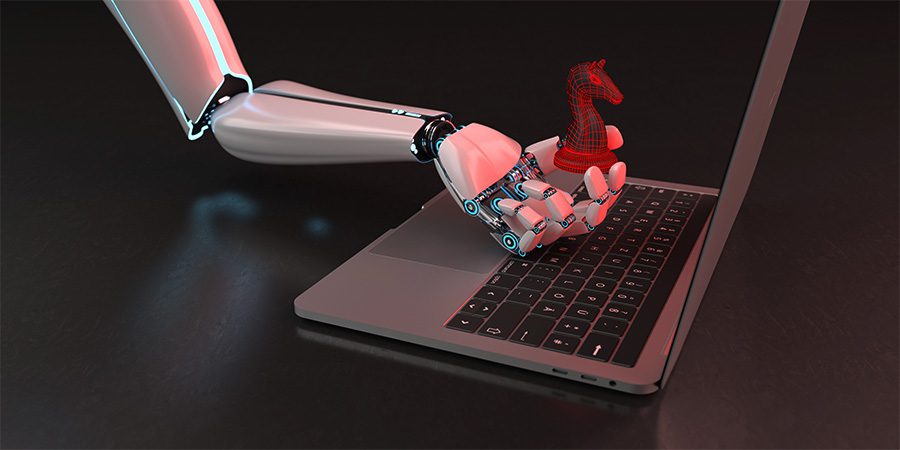In this article, we’ll look at the reasons behind the White House urging tech giants to protect the public from potential AI risks and the call for regulations in the AI sector.
Key Takeaways:
- Tech leaders summoned to the White House for a “moral” duty to safeguard society from AI dangers.
- The White House may introduce new regulations and legislation to cover artificial intelligence.
- The potential risks and rewards of AI have sparked renewed debate over its role in society.
- AI could rapidly replace jobs and contribute to the dissemination of misinformation.
- Over-regulation may give a strategic advantage to tech companies in China.
White House’s Stance on AI Safety
In a recent meeting with the CEOs of leading tech companies, the White House expressed its concerns over the possible risks artificial intelligence poses to society.
Top executives, including Google’s Sundar Pichai, Microsoft’s Satya Nadella, and OpenAI’s Sam Altman, were informed that they hold a moral obligation to ensure the safety and security of their AI products.
The US administration has made it clear that it is open to implementing new regulations and legislation specifically targeting artificial intelligence.
The Rising Debate on AI’s Role in Society
The launch of AI products, such as ChatGPT and Bard, has sparked renewed discussions about the function of AI within society.
These generative AI products enable users to interact with advanced technology that can quickly summarize information from multiple sources, debug computer code, and even compose poetry that appears to be human-generated.
The potential benefits and drawbacks of AI technology have fueled debates on how best to harness its power without endangering society.
Tech Leaders Respond to Regulation Calls
Following the White House meeting, OpenAI CEO Sam Altman told reporters that the tech executives were “surprisingly on the same page on what needs to happen” in terms of AI regulation.
This indicates that the industry is aware of the potential risks associated with AI and is willing to collaborate with the government in creating a safer environment for AI deployment.
Some, like Bill Gates, argue against a complete pause on AI development, stating that such a move would not address the challenges the technology presents.
Instead, Gates believes that focusing on the responsible use of AI advancements is a more effective approach.
Balancing AI’s Benefits and Risks
As AI technology continues to evolve, striking a balance between reaping its rewards and mitigating its risks will be essential.
One of the primary concerns about AI is its potential to replace human jobs rapidly, leading to significant unemployment.
Moreover, AI chatbots like ChatGPT and Bard can sometimes be inaccurate, contributing to the spread of false information.
Other concerns include generative AI violating copyright law, voice cloning AI exacerbating fraud, and AI-generated videos promoting fake news.
Despite these risks, AI has the potential to significantly improve various aspects of life, from healthcare to entertainment.
The challenge lies in finding a way to utilize AI’s benefits without exposing society to undue risks.
The Global Competition in AI Regulation
While ensuring public safety is a top priority, striking the right balance in AI regulation is crucial for maintaining global competitiveness.
Over-regulation could inadvertently give a strategic advantage to tech companies in other countries, such as China.
As a result, creating policies that protect the public without stifling innovation is a delicate task.
The United States must work closely with other nations to develop a unified approach to AI regulation that promotes both safety and progress.
Conclusion
The White House’s call for tech giants to protect the public from AI risks emphasizes the ongoing discussion on the role of AI in society.
While AI has the potential to improve lives, it also poses significant risks to privacy, civil rights, and employment.
As technology advances, striking a balance between embracing AI’s benefits and mitigating its risks will be crucial.
Furthermore, finding the right approach to AI regulation will be essential in maintaining global competitiveness while ensuring public safety.
 Sections of this topic
Sections of this topic
















